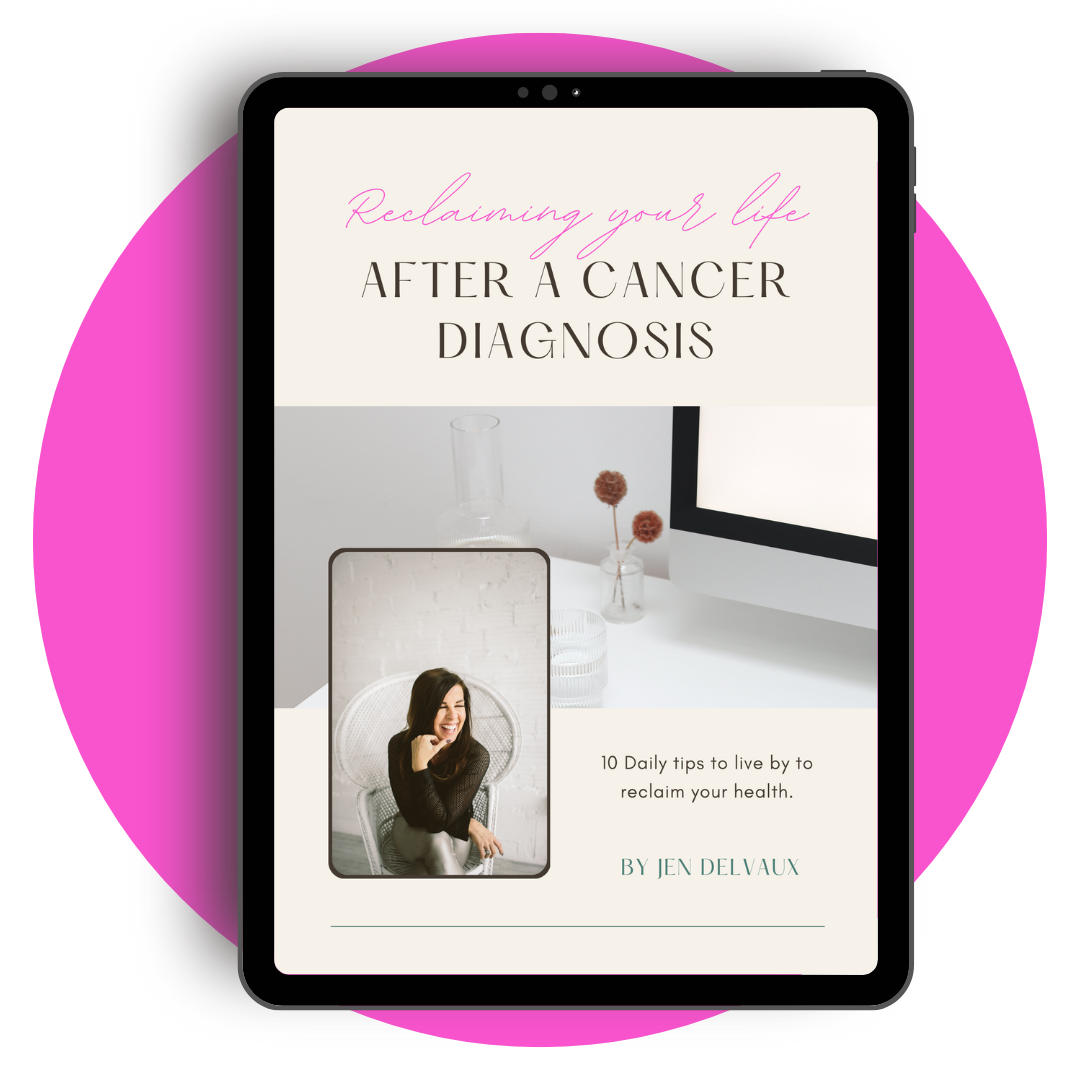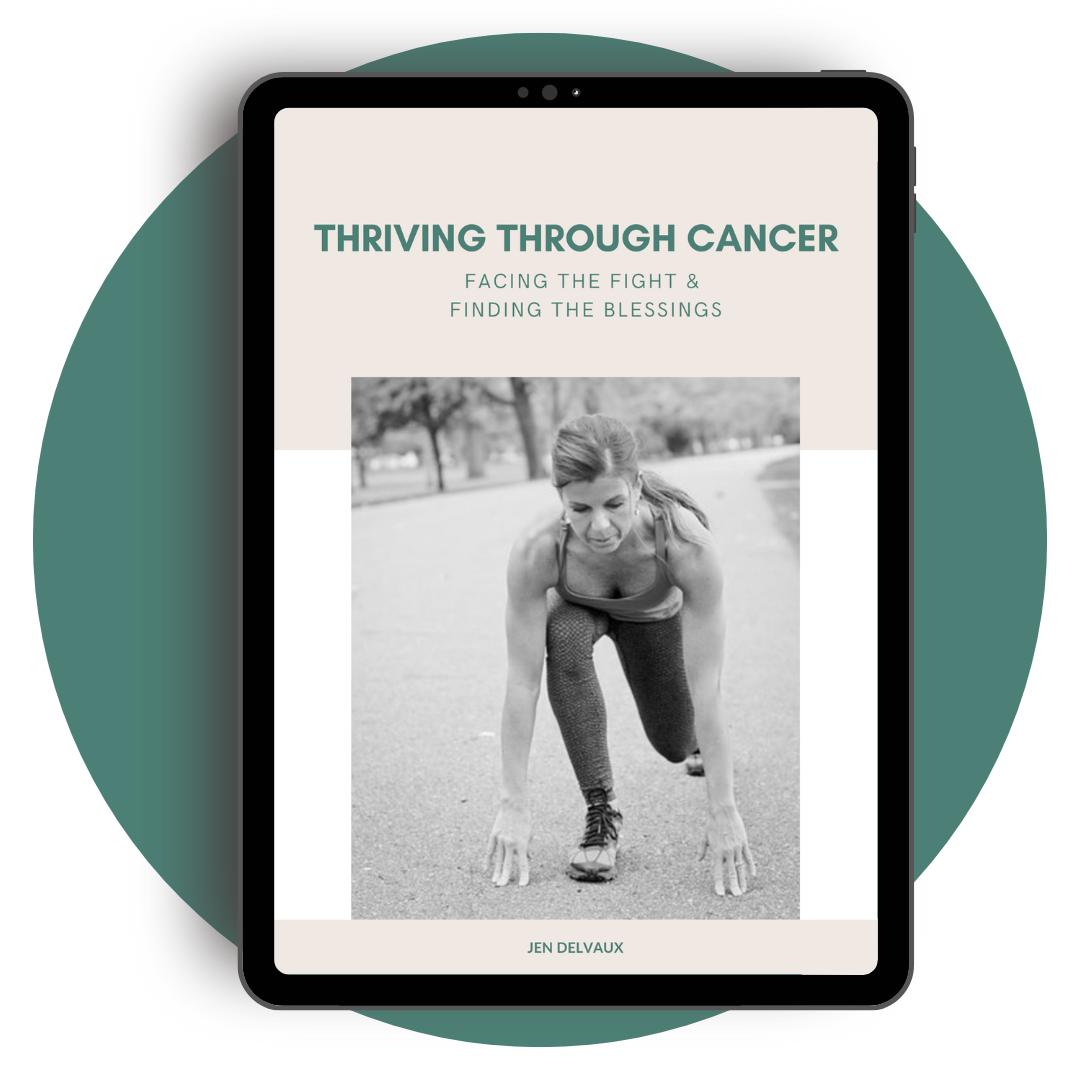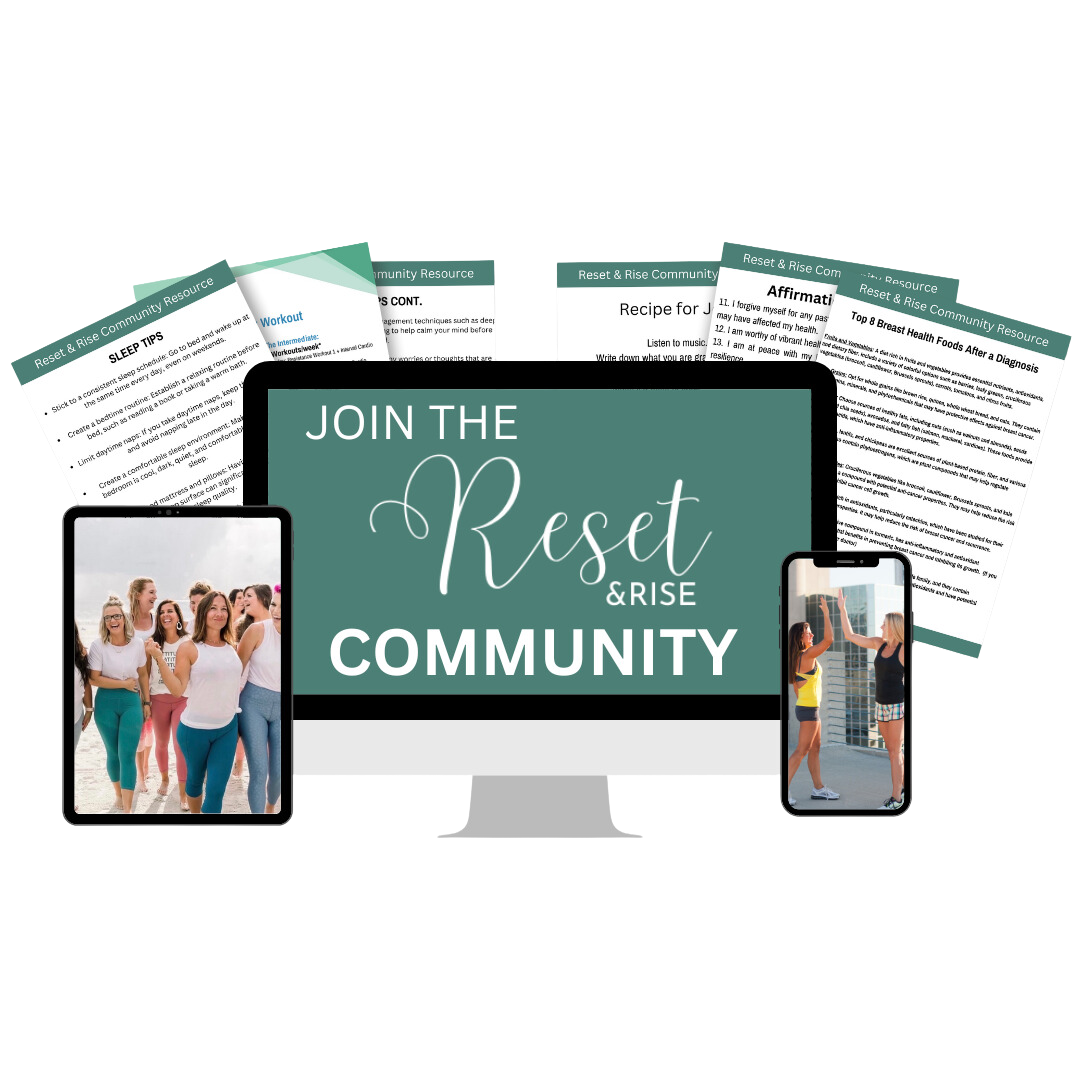Coping with Breast Cancer Emotionally
Jul 10, 2023
Nurturing Emotional Resilience: Coping with Breast Cancer
Receiving a breast cancer diagnosis can be an overwhelming experience that affects every aspect of a person's life. From the physical challenges to the emotional rollercoaster, navigating the journey of breast cancer requires a comprehensive approach. While medical treatments and support are crucial, addressing the emotional impact of this is equally important for overall well-being. In this blog post, we will explore strategies and techniques to cope with breast cancer emotionally, empowering individuals to cultivate resilience and find strength during their journey.
1. Acknowledge and Express Your Feelings:
Emotional upheaval is a natural response when faced with a breast cancer diagnosis. It's important to recognize and validate your emotions, allowing yourself to grieve, fear, or feel angry. Share your feelings with trusted friends, family, or a support group. Consider speaking with a professional counselor or therapist who specializes in cancer-related issues. Expressing your emotions can help alleviate the burden and promote emotional healing.
2. Seek Support:
Building a support network is essential for emotional well-being. Surround yourself with loved ones who provide comfort, encouragement, and a listening ear. Seek out support groups, both in-person and online, where you can connect with others who have similar experiences. Sharing your journey with people who understand can provide a sense of validation, reduce feelings of isolation, and offer valuable insights. You may want to consider joining the Reset & Rise Community! It's an incredible supportive group of women who have walked your path. jendelvaux.com/community
3. Educate Yourself:
Knowledge can be empowering. Educate yourself about breast cancer, its treatment options, and the emotional impact it can have. Understanding the medical aspects of your condition and the potential side effects of treatments can help you make informed decisions and cope with uncertainties. Consult reputable sources, such as medical professionals, cancer organizations, or reliable websites, to gather accurate and up-to-date information.
4. Practice Self-Care:
Taking care of your physical and emotional well-being is crucial during your breast cancer journey. Prioritize self-care activities that promote relaxation, reduce stress, and boost your mood. Engage in activities you enjoy, such as reading, listening to music, practicing mindfulness or meditation, journaling, or engaging in gentle exercises like yoga or walking. Make self-care a priority, even if it's just for a few minutes each day.
5. Focus on Positivity and Mindset:
Maintaining a positive outlook can be challenging, but it can significantly impact your emotional well-being. Cultivate a mindset that focuses on gratitude, hope, and resilience. Surround yourself with positive influences, engage in activities that bring you joy, and practice mindfulness to stay present in the moment. Celebrate small victories, practice self-compassion, and remind yourself that you are not defined by your diagnosis.
6. Embrace Supportive Therapies:
Complementary therapies can provide emotional support during your breast cancer journey. Consider incorporating practices like acupuncture, massage therapy, art therapy, or music therapy into your treatment plan. These therapies have been shown to reduce stress, anxiety, and pain while promoting relaxation and overall well-being. Discuss these options with your healthcare team to ensure they align with your treatment plan.
Coping with breast cancer emotionally requires a multifaceted approach that acknowledges the unique challenges individuals face. By embracing your emotions, seeking support, educating yourself, practicing self-care, fostering a positive mindset, and considering supportive therapies, you can nurture emotional resilience and find strength during this challenging journey. Remember, you are not alone, and there are resources and strategies available to support you through every step of your breast cancer experience.









